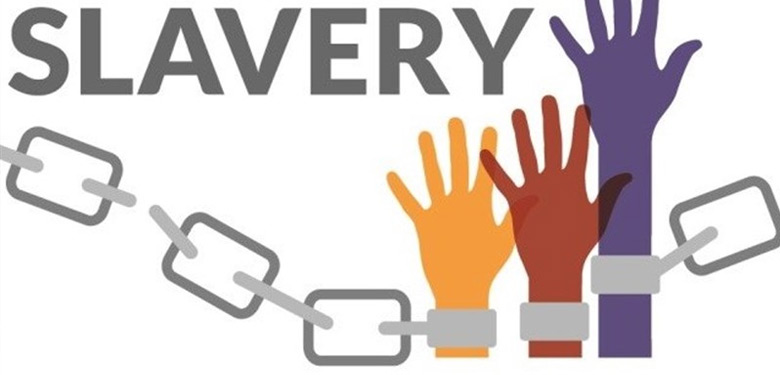
Nowhere to hide – Australia moves to drive modern day slavery from supply chains
It is a brutal truth that modern day slavery is likely to exist somewhere within every-day supply chains.
Scale of the Problem
Last year the Global Slavery Index published by the Walk Free Foundationput the number of people worldwide trapped in some form of slavery at 45.8 million people. Of this the Asia-Pacific region represents two thirds of the global total, and ASEAN countries a significant contributor. With such high figures it seems inevitable that, somewhere and somehow, violations of human rights are happening deep down in many supply chains.
The issue of modern day slavery has been brought to the forefront over the last year by countries such as the UK and France who have implemented mandatory corporate disclosure requirements for certain businesses. The UN’s Sustainable Development Goal 8 for decent work and economic growth, specifically Target 8.7 to take immediate and effective measures to eradicate all forced labour, child labour and human trafficking, has also led to dedicated initiatives focused on the eradication of modern slavery.
What is happening in Australia?
Since 2002 Australia together with Indonesia co-chair an international forum to facilitate discussion, information sharing and action on issues relating to people smuggling, human trafficking, and related transnational crime, known as the Bali Process. Key outcomes from the 6th Bali Process conference held in March 2016 include the Bali Declaration On People Smuggling, Trafficking In Persons And Related Transnational Crime, but also the ongoing commitment to engage and work closely with the private sector in addressing the pervasive and insidious issue of modern day slavery.
As with so many global issues faced today, the scale and nature of modern slavery requires actions from multiple stakeholders and collaborative efforts across sectors and regions to effectively address and resolve the issue. The private sector has a significant role to play in the management and monitoring of supply chains, and to this end the new Bali Process Government and Business Forum was formed as a business-government partnership to combat abusive practices.
The first meeting of the Forum was held last week in Perth on 24-25 August 2017, co-chaired by the Australian Minister for Foreign Affairs, the Hon Julie Bishop MP, and the Indonesian Foreign Minister Retno Marsudi. The Forum was led by Mr Andrew Forrest AO, Chairman of Fortescue Metals Group and founder of the Walk Free Foundation, and Mr Eddy Sariaatmadja, founder and Chairman of the Emtek Group, as the private sector co-chairs from Australia and Indonesia respectively. The Forum was attended by both government and business representatives from the 45 Bali Process countries who made a commitment to adopt the Indo-Pacific Modern Slavery Acts launched at the Forum as a collective effort to eradicate modern slavery in the region.
At home Australia has launched the ‘National Action Plan to Combat Human Trafficking and Slavery 2015-2019’. This Action Plan sets out the strategic aims of Australia’s holistic response to human trafficking and slavery over a five-year period, including measures to quantify impacts and efforts.
Australia is also following the example of the UK’s Modern Day Slavery Act. In February 2017 a parliamentary inquiry into establishing a Modern Slavery Act in Australia was launched, with upcoming public hearings on the topic. Broad support has been seen in the submissions to the inquiry from 204 organisations and individuals (as of 30 August 2017), including from businesses such as Qantas and Wesfarmers, both of which are already reporting under the UK Act.
Last week a consultation paper on the proposed model for an Australian ‘Modern Slavery in Supply Chains Reporting Requirement’ was released on the 16 August 2017. This consultation is open for comment until the 20 October 2017. The proposed reporting requirement is similar to that of the UK, intending that large businesses operating within Australia will publish annual statements detaining how they are addressing modern day slavery within their supply chains.
What next?
The latest global estimates of modern day slavery and child labour are to be launched by the International Labour Organisation (ILO) at the next UN General Assembly in September. It remains to be seen if the numbers reflect any real significant progress made in addressing the issue to date. But one thing is clear; with more countries including Australia bringing the topic out into the open, modern day slavery is hopefully running out of dark places to hide.
Modern slavery and human trafficking will be discussed at the CSR Asia Summit in Bangkok on26-27 September. Visit the programme here for more details.
Related CSR Asia articles include:
- Growing concerns over modern slavery
- Tackling Modern Day Slavery – those deep supply chain issues
- Behind the barcode